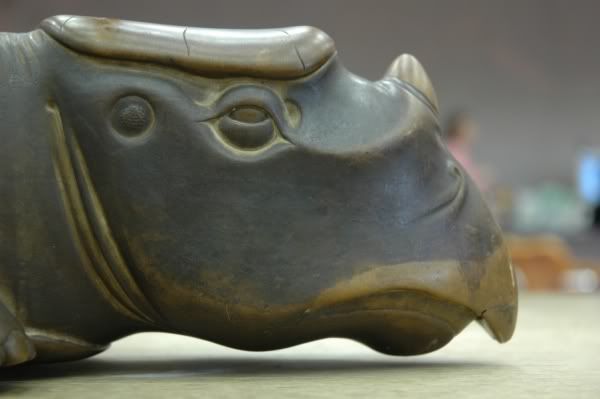Why would an audacious underground filmmaker choose the year 2007 to release a highly personal work about the missing memoirs of a nineteenth-century rural anarchist woman and the compulsive diggings of a Korean war veteran obsessed with hidden treasure?  http://news.bbc.co.uk/1/hi/uk/1138908.stmhttp://video.google.com/videoplay?docid=-7344181953466797353&q=spin&total=137490&start=0&num=10&so=0&type=search&plindex=1
http://news.bbc.co.uk/1/hi/uk/1138908.stmhttp://video.google.com/videoplay?docid=-7344181953466797353&q=spin&total=137490&start=0&num=10&so=0&type=search&plindex=1 http://brianholmes.wordpress.com/2007/12/06/field-of-homespun-dreams/
http://brianholmes.wordpress.com/2007/12/06/field-of-homespun-dreams/Why would an audacious underground filmmaker choose the year 2007 to release a highly personal work about the missing memoirs of a nineteenth-century rural anarchist woman and the compulsive diggings of a Korean war veteran obsessed with hidden treasure? Wheres the relation between this allegorical tale and the authors earlier work with satellite TV? And whats really buried beneath the tranquil fields of southern Missouri? These are the questions that come to mind upon viewing Brian Springers new film, The Disappointment: Or, the Force of Credulity.
Springer is known across the horizons of electronic media art for one good reason: the 1995 documentary Spin. The work is based on 500 hours of raw news feeds, captured with off-the-shelf satellite dishes at a time before the transmissions were encrypted. Springer blew the minds of a generation of media activists by documenting the 1992 US presidential campaign from between the scenes, while the cameras were still rolling during commercial breaks. Live interviews from the sky were new back then, and corporate PR-men were avidly selling advice on how to use them. This is great, I love these, confesses Bill Clinton with a puppy-dog grin. Can we do any more? he asks his technician between whistle stops on a satellite tour.
Spin pointed to the open window of technological and organizational change at a moment when the scramble for globalized markets left gaping holes in all kinds of security systems. Soon afterwards, activists in disguise like the Yes Men would step through those gaps and create their own public twists on world events, relying on a knowledge of complex networking processes that the corporate powers did not yet fully control. The montage structure of the film allowed Springer to weave an intricate portrait of Americas corrupted democracy just after the first salvos of the Revolution in Military Affairs had exploded in the Persian Gulf, ushering in the New World Order that was supposed to replace the outdated certainties of the Cold War. The material from the satellite dishes was seemingly infinite; but closure finally came through a focus on the doctored truths and outright lies of the campaign.
Revelations abound in this unique document, but the most telltale scene is probably the whispered dialogue between Larry King and Bush Senior about their favorite sleeping pills. It was a touchy subject for Bush, after his nightmare episode, deftly censored from the TV broadcasts, of vomiting on the Japanese prime minister while under a sedative. In between rounds of pre-broadcast applause, King explains that his brother has gotten wind of a new tranquilizer coming down the pipe. Bush says Great and thats all anyone knows about it. As though the much-touted end of history in the 1990s had left an unanswered question: What ruffles the chemical haze of the world-makers sedated nights? And do phantom spin-doctors whisper their lines to the unlaid ghosts of the American dream?
The Disappointment: Or, The Force of CredulityBrief Synopsis:
The Disappointment: Or, The Force of Credulity is adocumentary/musical/fairytale that explores the legacyof 19th century U.S. anarchism, treasure hunting andspiritualist folk lore through the story of the Springer family's decades-long search for buried Spanish treasure in the caves of Missouri. The video project grounds the family's personal history of treasure-hunting into an expanded social/post-colonial context by exploring the repressed histories of aseries of atrocities as they reappear transfigured, displaced and disguised in contemporary notions of "discovery." The Disappointment places pressure not just on notions of documentary truth but also on the contested line between legitimated and non-legitimated 'popular' knowledges and beliefs.
http://video.google.com/videoplay?docid=-2649273562390177070&q=The+Disappointment%3A+Or%2C+the+Force+of+Credulity.&total=2&start=0&num=10&so=0&type=search&plindex=1The Disappointment: Or, The Force of Credulity
The first censored play in American history
I have been lost for a very long time